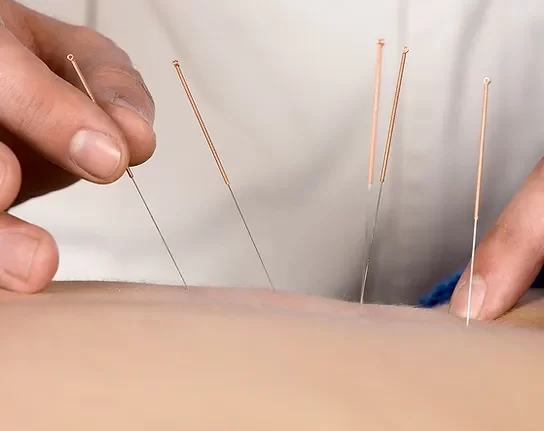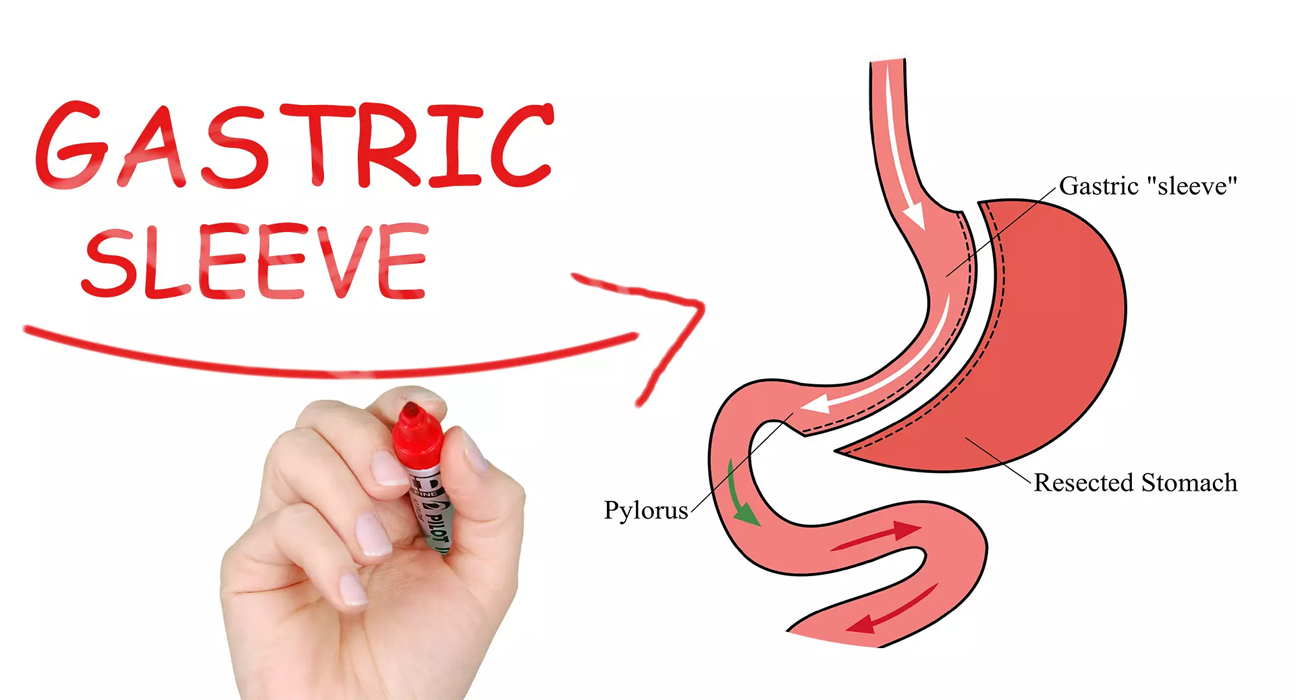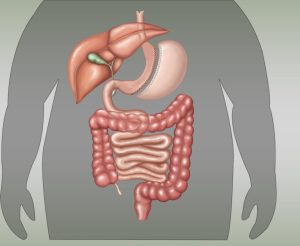Gastric Sleeve
Gastric sleeve surgery has a very high rate of success in losing weight. After the operation, you can lose between 33 and 83 percent of your excess body weight.
Gastric sleeve is a form of gastric reduction in which a large part of the stomach is removed.
Gastric Sleeve Surgery
Many people are overweight. They often have physical ailments and even health problems due to being overweight, such as diabetes, cardiovascular diseases, respiratory insufficiency such as apnea, and/or very loud snoring. When this limit is exceeded and the body is significantly affected, it is the onset of obesity according to experts. This corresponds to a body mass index (BMI) of 32> and more (32> kg/m2). Obesity affects not only mental but also physical health. Most overweight people are reluctant to participate in everyday life and have limited seating on public transport.
However, they are excluded from society and have various problems in working life. As Aesthetic Myra, we are happy that you are deciding to change some things in your life! We are pleased to offer you the methods of gastric surgery with a comprehensive treatment program that will allow you to gradually lose weight. Our team will be happy to advise you comprehensively!
Gastric sleeve surgery in Turkey
Gastric sleeve is a form of gastric reduction in which a large part of the stomach is removed. In a gastric sleeve, most of the stomach is removed, leaving a two to three-centimeter narrow tube with a capacity of about 85 to 150 milliliters.
How does the gastric tube surgery process work?
The gastric sleeve surgery always takes place under general anesthesia and the procedure is carried out as a so-called minimally invasive operation. The hospital stay is approximately 4-7 days.
This information was taken from “www.aestheticmyra.com”
Effectiveness of gastric sleeve surgery in losing weight
Gastric sleeve surgery is a type of metabolic surgery and is known as a sleeve gastrectomy. After this surgery to reduce the size of the stomach, smaller amounts of the so-called hunger hormone “ghrelin” are produced, which further reduces appetite.
Another advantage of the gastric sleeve is that no foreign material (such as a gastric band) is inserted into the body and no changes are made to the inside and outside of the stomach. Thus, a few weeks after the operation, the patients can consume all the food without restriction.
What is the relationship between gastrointestinal disease surgery and other obesity treatments?
As a rule, a gastric sleeve is a special form of treatment for obesity. Gastric sleeve surgery offers long-term results, especially in overweight patients. In order to achieve the best results, the eating habits after the procedure must be changed and one must avoid sugar.
What is gastric sleeve surgery?
Certain preliminary examinations are necessary before the operation in order to rule out pathological changes such as inflammation or tumors. The liver, gallbladder, and pancreas must be evaluated. In obese patients with a body mass index over 40 in particular, it is important to drink protein-rich fluids 10 to 14 days before gastric surgery. During this period, only liquid and protein-rich foods are allowed to be consumed in order to reduce the fat in the liver.
Process of gastric sleeve surgery
Gastric sleeve surgery always takes place under general anesthesia and takes about an hour. The procedure is performed laparoscopically and the surgery is done through a few small incisions in the abdominal wall. The lower part of the stomach is cut off and staples are placed along the incision at the same time. After gastric sleeve surgery, patients should stay in the hospital for three to four days for a follow-up examination.










Leave feedback about this